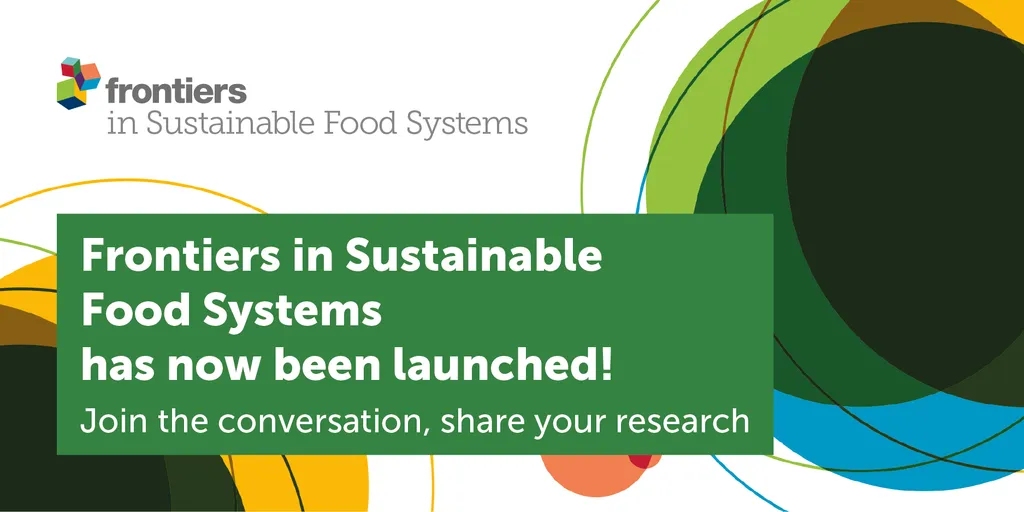In the quest for a healthier and more sustainable food system, recent advancements are paving the way for innovative solutions that could redefine how we produce, consume, and think about food. A new editorial published in *Frontiers in Nutrition* (translated from English as “Frontiers in Nutrition”) sheds light on these developments, offering a glimpse into the future of food technology. Led by Monika Thakur from the Amity Institute of Food Technology at Amity University Uttar Pradesh, Noida, India, the article explores the intersection of novel foods, food safety, sustainable agriculture, and nutritional strategies, all crucial for achieving the United Nations’ Sustainable Development Goals (SDGs).
The editorial highlights the growing importance of novel foods, which include plant-based proteins, lab-grown meat, and functional foods enriched with bioactive compounds. These innovations not only address food security but also cater to the increasing demand for healthier and more sustainable dietary options. “The food industry is at a crossroads,” Thakur notes. “We have the opportunity to leverage cutting-edge technologies to create foods that are not only nutritious but also environmentally friendly.”
One of the key areas of focus is sustainable agriculture, which aims to minimize the environmental impact of food production while maximizing yields. Techniques such as precision farming, vertical farming, and regenerative agriculture are gaining traction, offering promising solutions for a more resilient food system. “Sustainable agriculture is not just about feeding the world; it’s about feeding the world responsibly,” Thakur emphasizes.
Food safety remains a critical concern, and the editorial underscores the role of advanced technologies in ensuring the safety and quality of our food supply. From blockchain-based traceability systems to AI-driven quality control, these innovations are revolutionizing the way we monitor and manage food safety.
The editorial also delves into nutritional strategies, exploring how personalized nutrition and functional foods can improve public health. With the rise of chronic diseases and malnutrition, there is a growing need for tailored dietary solutions that can address individual health needs.
The research and insights presented in this editorial have significant implications for the food industry and beyond. As consumers become more conscious of their health and the environment, the demand for sustainable and nutritious food options is expected to rise. This shift presents a unique opportunity for businesses to innovate and cater to this growing market.
“Our goal is to create a food system that is not only sustainable but also equitable and resilient,” Thakur concludes. “By embracing these advancements, we can build a healthier future for all.”
Published in *Frontiers in Nutrition*, this editorial serves as a call to action for stakeholders across the food value chain to collaborate and drive meaningful change. As the world grapples with the challenges of climate change, population growth, and food insecurity, the insights and innovations highlighted in this article offer a beacon of hope for a healthier and more sustainable food system.

